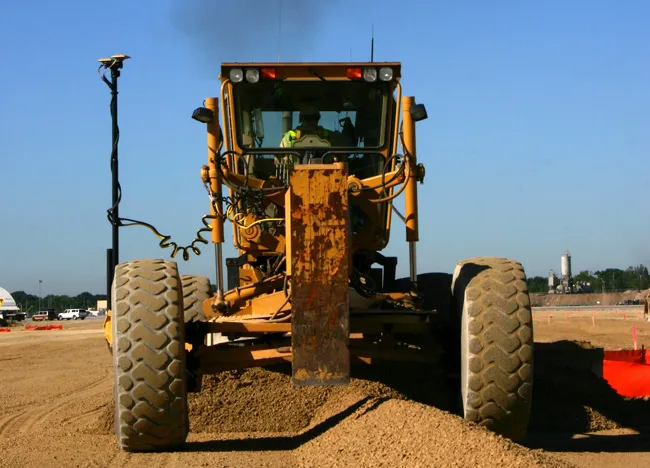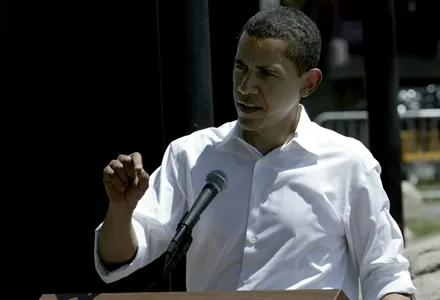The American Road & Transportation Builders Association’s (ARTBA) is holding an event focusing on the impact of driverless cars and other smart technologies on US transportation. The event will see discussions on how these innovations could impact on the design and construction of highways and bridges. Executives from IBM, Microsoft, the Automobile Manufacturers Alliance, public and private sector transportation construction professionals, and other thought leaders will explore these issues on October 28th
August 13, 2013
Read time: 2 mins
The American Road & Transportation Builders Association’s (ARTBA) is holding an event focusing on the impact of driverless cars and other smart technologies on US transportation. The event will see discussions on how these innovations could impact on the design and construction of highways and bridges. Executives from 5366 IBM, 2794 Microsoft, the Automobile Manufacturers Alliance, public and private sector transportation construction professionals, and other thought leaders will explore these issues on October 28th-30th during ARTBA’s Dr J Don Brock TransOvation Workshop, which is being held at San Jose in California. This is the third TransOvation event and it will bring together much of the latest thinking in transportation development and business. This year’s theme is Where Technology Meets the Road. World-class innovators will lead attendees during interactive workshops, where they will identify the design, building and management challenges posed by self-driving cars and other game-changing technologies. Attendees will break into groups and be tasked with creating a blueprint to help the transportation construction industry meet these challenges.







